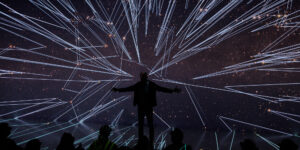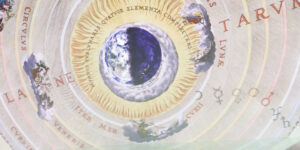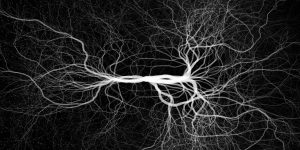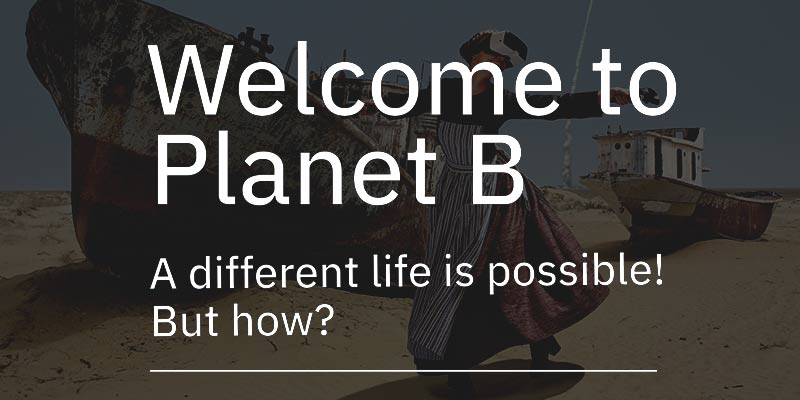Life Sciences

A Plantless Planet: Art and Science as a Tool for Plant Resistance
Claudia Schnugg (AT), Ekaterina Nikitina (RU), Gabino Carballo (ES), Tatiana Kourotchkina (RU), Zackery Denfeld (US)
Da die Krise der biologischen Vielfalt und der Klimanotstand das Leben auf der Erde unerträglich zu machen drohen, haben Praktiken, Ansätze und Ästhetik aus Kunst und Wissenschaft das Potenzial, einen neuen Rahmen für die Entwicklung von Werkzeugen und Strategien gegen die Krise der biologischen Vielfalt zu schaffen.

Superlative telescopes: In the desert and far behind the moon
Dr. Dietmar Hager — Stargazer Observatory (AT)
The well-known Hubble Space Telescope (HST) has reached its limits. Modern telescopes will have to work outside visible light to make new discoveries possible. The JWST (James Webb Space Telescope) is one of the successors. It will be supported by Earth-based telescopes, such as the Giant Magellan Telescope (GMT), which is currently being built in Chile. The talk reaches out from the HST to the JWST and the GMT and gives an idea of how new insights will revolutionize our understanding of space.

Searching for Planet B: How Astronomy Visualization and Remote Sensing Guide Us to Humanity’s Future
Dan Tell (US)
Thousands of years of increasingly precise measuring and modeling have revolutionized humanity’s understanding of the universe. We now know Earth is one of many planets, but it is uniquely habitable. The same research and techniques we use to understand these other worlds can help us understand what made Earth habitable in the first place and how we can restore and sustain this planet into the future.

Rooted
Elliott Gaston-Ross (GB/IE) , Indiara Di Benedetto (IT)
The project Rooted performed at the Deep Space 8K is an artistic depiction of the effects of climate change on our planet through live electroacoustic musical performance with accompanimental visual effects by Indiara Di Benedetto.

